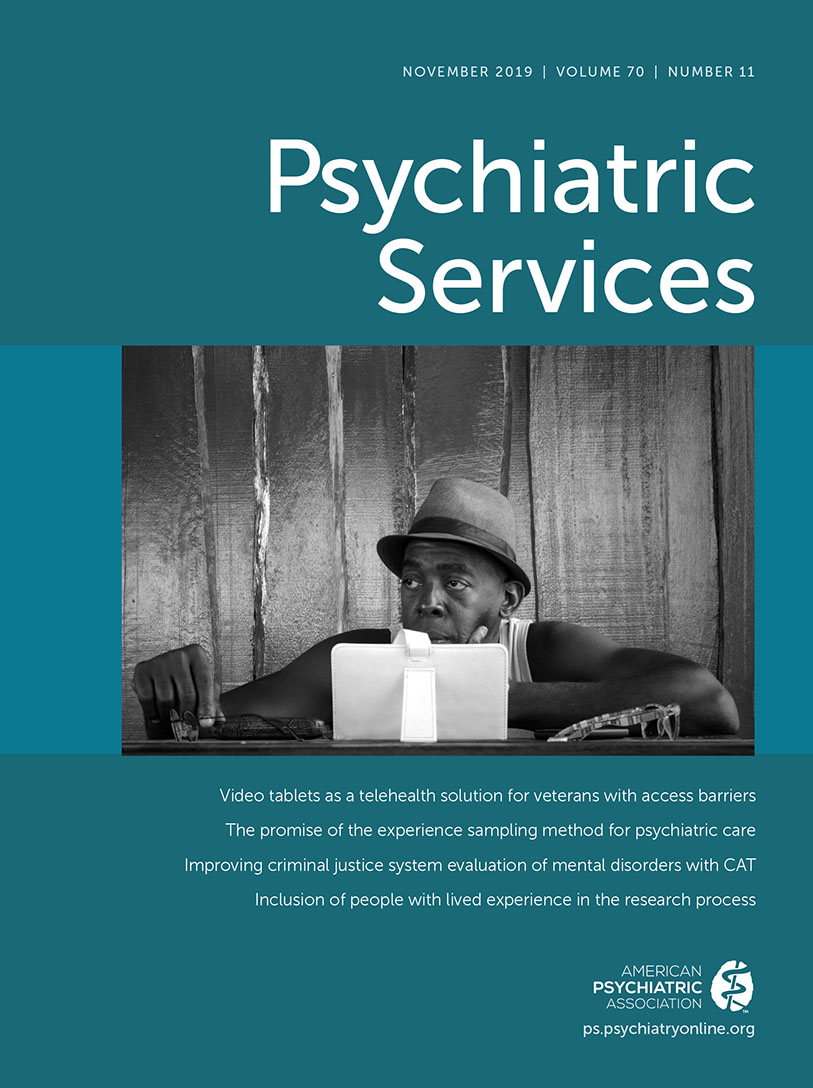Deficits in Sexual Interest Among Adults With Schizophrenia: Another Look at an Old Problem
Abstract
Objective:
Despite the important impact of sexuality on quality of life in adults, there is a paucity of research on this topic for people with schizophrenia. This study examined predictors of sexual interest among adults with schizophrenia.
Methods:
Using data from three studies with similar measures and participants with similar characteristics (N=231), the authors conducted a secondary analysis to examine the relationships among sexual interest, demographic characteristics (gender, age, living situation, and marital status), and clinical factors (sexual self-efficacy, symptom severity, and medications). Sexual interest was measured by using one item from the Scale to Assess Negative Symptoms. Binomial logistic regressions were conducted to explore factors most associated with level of sexual interest.
Results:
Separately, cardiovascular medications, gender, age, sexual self-efficacy, and negative symptoms were associated with sexual interest. In a logistic regression model that included all of these factors, only sexual self-efficacy and gender were significantly associated with sexual interest. Higher levels of sexual self-efficacy were associated with lower levels of impairment in sexual interest (odds ratio [OR]=0.98, 95% confidence interval [CI]=0.98–0.99, p<0.001), and males were less likely than females to have impaired sexual interest (OR=0.38, 95% CI=0.20–0.73, p=0.004).
Conclusions:
The strength of the relationship between sexual self-efficacy and sexual interest warrants development of interventions to address sexuality among people with serious mental illness, at least for those who are interested in developing or maintaining intimate relationships. An intervention that teaches skills needed to successfully pursue and navigate intimate relationships could positively influence overall quality of life for many.



